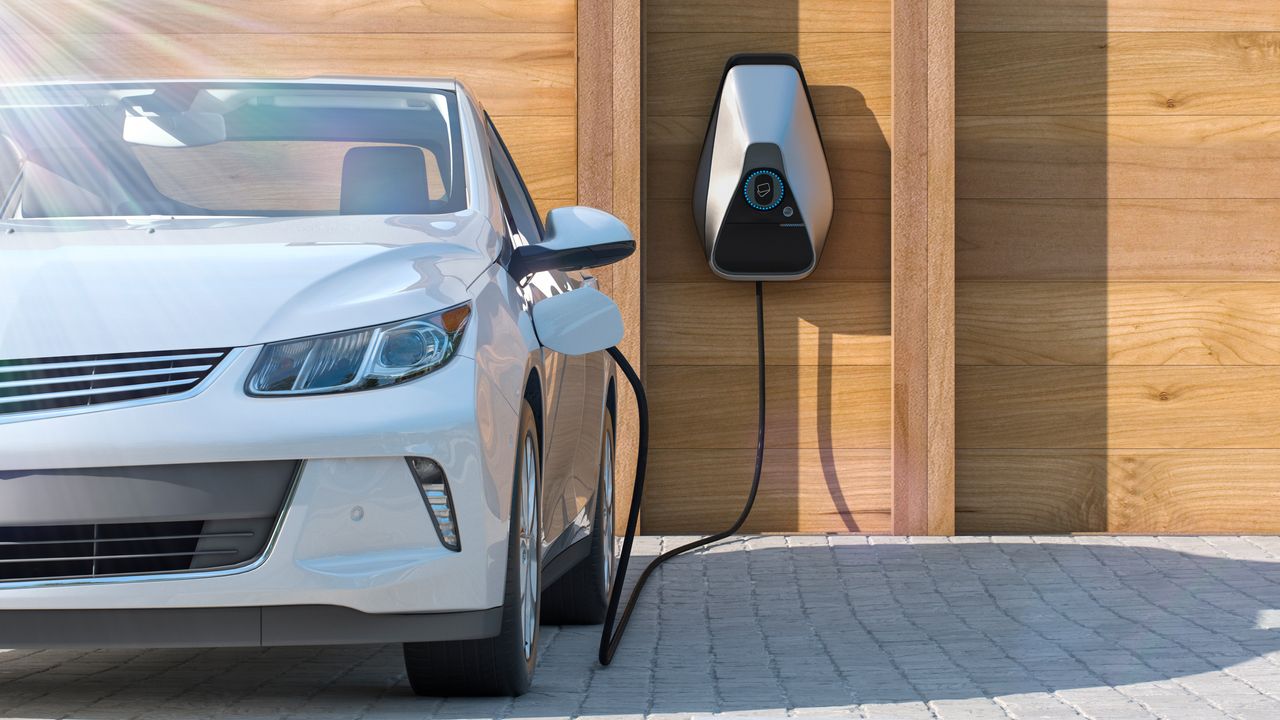Overview of Electric Cars: Revolutionizing the Automotive Industry
Electric cars, also known as electric vehicles (EVs), have taken the automotive industry by storm in recent years. With their eco-friendly nature and innovative technology, electric cars are paving the way for a greener and more sustainable future. In this article, we will delve into the world of electric cars, exploring the technology behind them, their benefits, and the charging infrastructure that supports them.
The Power of Electric Motors
At the heart of every electric car lies its electric motor. Unlike traditional internal combustion engines that rely on fossil fuels, electric motors are powered by electricity. These motors convert electrical energy into mechanical energy, propelling the vehicle forward. Electric motors offer numerous advantages over their gasoline counterparts, including higher efficiency, instant torque, and lower maintenance requirements.
The Rise of Electric Vehicles
In recent years, the popularity of electric vehicles has skyrocketed. This can be attributed to several factors, including the increasing concern for the environment, government incentives, and advancements in battery technology. Electric vehicles offer zero tailpipe emissions, reducing air pollution and greenhouse gas emissions. Additionally, EVs provide a quieter and smoother driving experience, making them a desirable choice for many consumers.
Benefits of Electric Cars
There are several notable benefits of owning an electric car:
- Environmental Impact: Electric cars produce zero tailpipe emissions, reducing air pollution and combating climate change.
- Cost Savings: Electric cars have lower operating costs compared to gasoline-powered vehicles. Charging an EV is generally cheaper than refueling with gasoline, and maintenance costs are typically lower due to fewer moving parts.
- Energy Independence: Electric cars rely on electricity, which can be generated from renewable sources, reducing dependence on fossil fuels.
- Performance: Electric motors offer instant torque, providing quick acceleration and a smooth driving experience.
The Importance of Charging Infrastructure
One of the key considerations for electric car owners is the availability of charging infrastructure. Charging infrastructure refers to the network of charging stations that allow EV owners to recharge their vehicles. The development of a robust charging infrastructure is crucial for the widespread adoption of electric cars.
Types of Charging Stations
There are three main types of charging stations:
- Level 1 Charging: Level 1 charging stations use a standard household outlet (120 volts) and provide a slow charging rate. This type of charging is suitable for overnight charging at home or in workplaces where the vehicle remains parked for an extended period.
- Level 2 Charging: Level 2 charging stations operate at 240 volts and offer a faster charging rate compared to Level 1. These stations are commonly found in public areas, commercial buildings, and parking lots.
- DC Fast Charging: DC fast charging stations provide the fastest charging rate, allowing EVs to charge up to 80% in a short amount of time. These stations are typically located along highways and major travel routes, enabling long-distance travel for electric car owners.
Expanding the Charging Network
As the demand for electric cars continues to grow, the expansion of the charging network is essential. Governments, businesses, and organizations are investing in the installation of charging stations to support the increasing number of EVs on the road. Additionally, advancements in technology are being made to improve charging speeds and efficiency, making electric cars even more convenient for everyday use.
The Future of Electric Cars
Electric cars are revolutionizing the automotive industry, offering a cleaner and more sustainable mode of transportation. With ongoing advancements in battery technology, increased charging infrastructure, and growing consumer demand, the future of electric cars looks promising. As more people embrace electric vehicles, we move closer to a greener and more environmentally friendly world.
